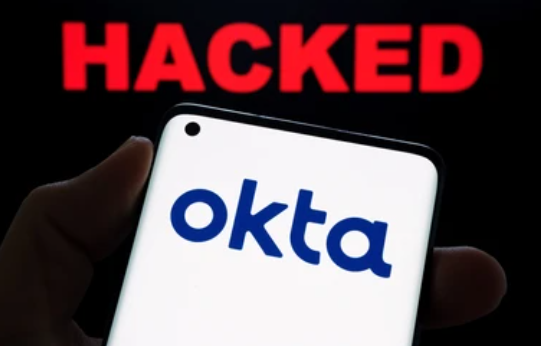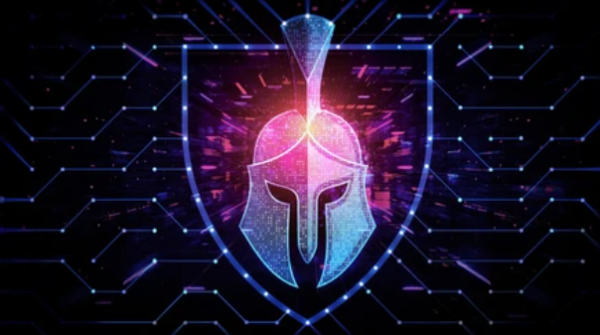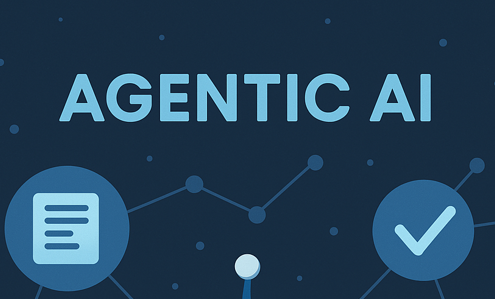In 2024, the world of cybersecurity is facing several significant threats that have reshaped the landscape and pushed organizations to enhance their defenses.
Here are some of the most impactful threats that you as a individual or corporate security enthuastic should know of:
Cloud Intrusions and Identity-Based Attacks:
- There was a substantial increase in cloud intrusions, with adversaries leveraging legitimate credentials to access cloud environments, making detection challenging. Identity-based attacks, fueled by generative AI, saw a surge as attackers used techniques like phishing, social engineering, and SIM-swapping to breach systems .
Ransomware Evolution:
- Ransomware attacks have become more sophisticated, with the rise of Cybercrime-as-a-Service (CaaS) making advanced cybercrime tools accessible to a broader range of criminals. The use of double extortion tactics, where attackers encrypt data and threaten to leak it, has increased pressure on organizations.
Supply Chain Attacks:
- Supply chain attacks have intensified, exploiting vulnerabilities in interconnected digital ecosystems. High-profile incidents like the Okta breach highlighted how attackers can infiltrate through trusted vendors, emphasizing the need for comprehensive security measures across entire supply chains .
Okta Breach:
The Okta breach, which came to light in Q4 2023, involved a sophisticated attack on the company’s customer support system. The breach began when a threat actor accessed Okta’s support case management system using stolen credentials from an employee’s personal Google account, which had been used on a company-managed device.

This unauthorized access allowed the attackers to obtain session tokens and other sensitive information from HAR files, which could be used to impersonate users or hijack accounts.
The breach affected 134 Okta customers, and led to session hijacking attacks on at least five of them, including high-profile firms like Beyond Trust, Cloudflare, and 1Password. These companies reported unauthorized login attempts and session hijacking incidents, which prompted a series of notifications and security measures from Okta.
Despite being alerted by Beyond Trust on October 2, Okta took over two weeks to confirm the breach publicly, which drew criticism from affected customers and security experts.
State-Sponsored Cyber Attacks:
- Nation-state actors have increasingly used cyberattacks to further political and strategic goals. These sophisticated attacks target critical infrastructure, steal sensitive information, and disrupt essential services, necessitating robust multi-layered defenses and international cooperation .
AI-Driven Phishing and Social Engineering with voice cloning:
- Modern phishing attacks have evolved with AI, enabling more personalized and convincing messages with AI Based voice clone calling that trick victims into revealing sensitive information or downloading malicious content or transfer money. Individuals and Organizations need advanced tools to detect AI-generated threats and extensive knowledge / employee training to counter these attacks .
IoT and Industrial IoT Vulnerabilities:
- The proliferation of IoT and Industrial IoT devices, often with limited security, presents attractive targets for cybercriminals. Attacks on these devices can lead to data theft, operational disruptions, and large-scale DDoS attacks, highlighting the need for enhanced security practices and monitoring.
These threats underscore the dynamic and evolving nature of the cybersecurity landscape in 2024, requiring organizations to adopt sophisticated, multi-layered defense strategies and continuously adapt to emerging challenges






